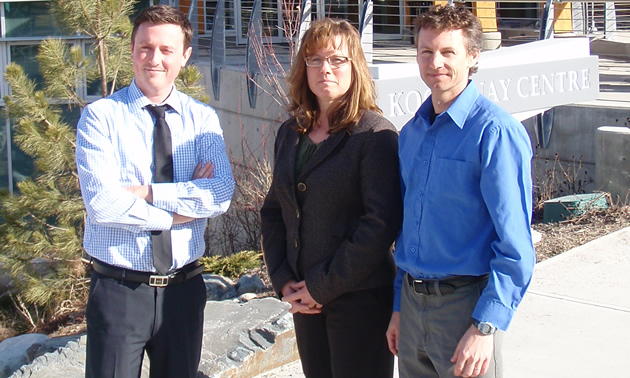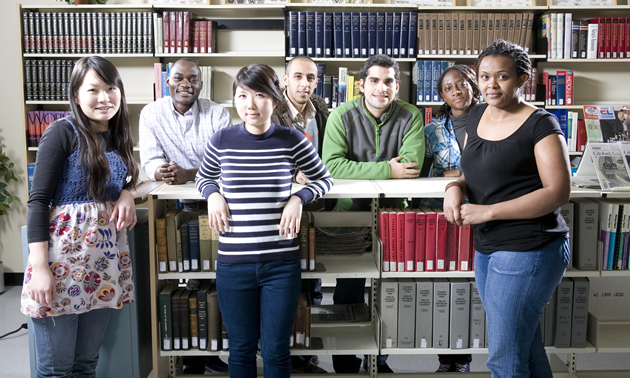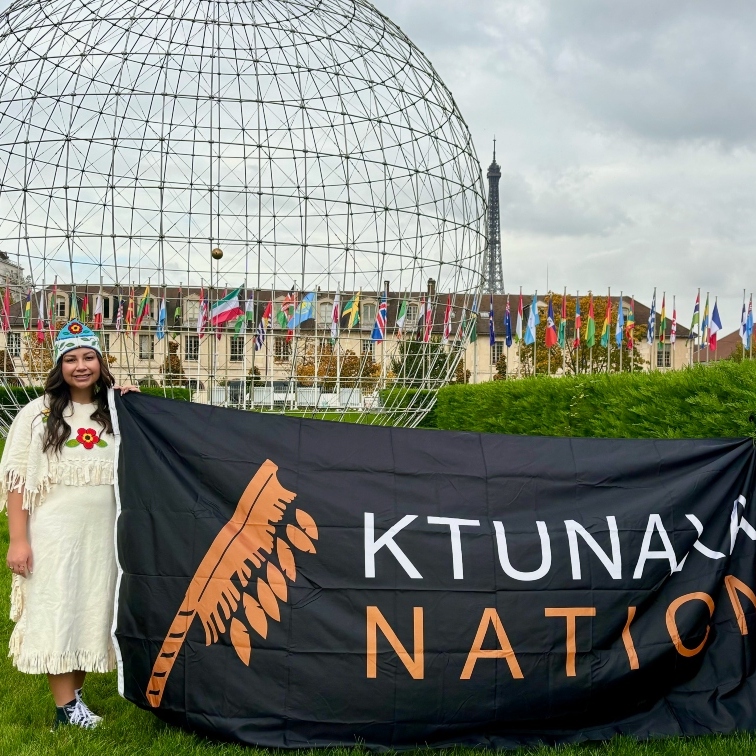Students of the world
Through the international program at College of the Rockies, students become more globally minded and connected
The international program at College of the Rockies (COTR) in southeastern B.C. is more than a feel-good, token program offering travel and reciprocal glimpses into other cultures.
Patricia Bowron, dean of instruction and executive director of international affairs at COTR, said that Canada’s federal and provincial governments recently improved their strategies for supporting international education. COTR has been involved in international education and development efforts for over 30 years.
Exciting times
“For us,” Bowron said, “this is an exciting time for the growth of international education and business development. COTR’s vision statement speaks very specifically to our core mandate: we support development of intellectually agile, socially engaged and empowered global citizens—that’s the core of where we focus our efforts.”
Graham Knipfel, manager of international business development at COTR, pointed out the relevance of what is offered in colleges in general and how they fill a real need for skills training.
“It is estimated that by 2020 almost 42 per cent of jobs will be in occupations like health care, transportation management, sales, construction, shipbuilding, accounting, technology and mining,” said Knipfel. “Two of those careers would require university degrees, and the rest are learned in vocational schools and colleges.”
The international program at COTR provides experiences that give students other strengths.
“International work experience is a valuable addition to a resumé,” said Jeff Cooper, who is COTR’s manager of international education and mobility. “It sets you apart. These students gain improved skills in problem-solving, communication and leadership—they become more adaptable employees in whatever field they work.”
An overview of benefits
A snapshot view of the program at COTR shows that international education substantially supports the college and the community—in 2012, COTR’S international program contributed over $1.6 million to college operations. B.C. government studies show that COTR’s international student recruitment results in $3.2 million being invested annually in the local economy—for tuition, housing, food, clothing, transportation, entertainment and recreation.
A movie-length review of the program and its participants, however, would show significant long-range societal benefits as well. This semester alone, 34 international students are housed with local families, so relationships are forming and there is plenty of cultural exchange going on. The rest of the approximately 140 international students are living on campus at the Purcell House residence—often cooking and eating collectively—or living independently and contributing financially and culturally to the off-campus community.
The move to a global mind
“It is rubbing shoulders with other cultures that gives us the understanding that we need to have,” said Bowron. “Creating a more peaceful global environment is a long-term benefit that educational institutions can provide. Incoming and outgoing educational opportunities offered by COTR provide tangible experiences that make our students, employees and community more globally minded and connected."
“We intend to create world-ready graduates,” said Knipfel. “No matter what field you’re going into, it will have some sort of intercultural component.”








Comments